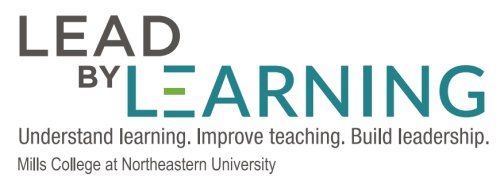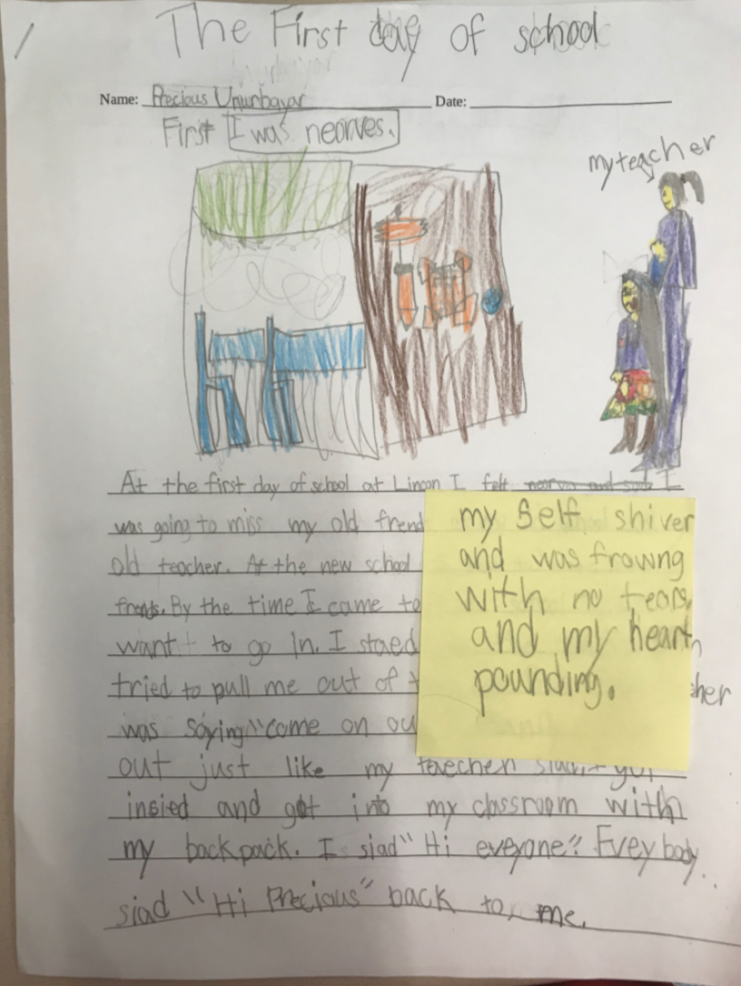
Exploring the Intersection of Social Emotional Learning and Writing
When our site decided to focus our inquiries on the intersection of writing and social emotional learning, I immediately knew that I wanted to spend the year investigating how to support my second graders with revision. I love teaching writing, but I hate teaching revision.
The Lucy Calkins Writing Workshop curriculum asks 2nd graders to revise their work using a checklist. For the past several years when these revision lessons come up in the curriculum, I have dutifully but unenthusiastically distributed the checklists, modeled how to use them, and felt frankly surprised each time a student effectively revised their work to make it stronger. Most of the time, students would diligently read through each section of the checklist and put a checkmark next to the areas where they already felt proficient (ex. “I tried to bring my characters to life with details, talk, and action”). No matter the quality of the writing, students almost always felt they had succeeded in each area.
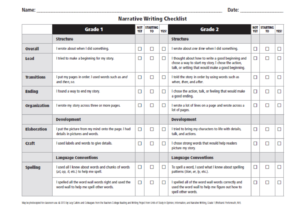
Through a combination of student writing samples, anecdotal observations, and conversations with colleagues, I realized that: 1) the checklist was too big for students to grapple with all at the same time, and 2) they needed support adding the missing criteria to their writing. With this new information, I decided to break up the checklists into smaller chunks, teaching the Structure, Development, and Language Conventions separately. I also tried having students write their revisions on post-it notes, in order to make their changes visible.
Fairly quickly, I saw students revising more than ever before. There were harshly scrubbed eraser marks, carets inserting missing words, and a plethora of post-it notes with freshly written sentences. I was pleased with how students were demonstrating that they understood how to read back over their writing and add to it, but I questioned whether students were actually internalizing the concept that revision made writing more readable for an audience. Were students really reflecting on their writing or did they just want to beautify their writing paper with pastel colored post-it notes?
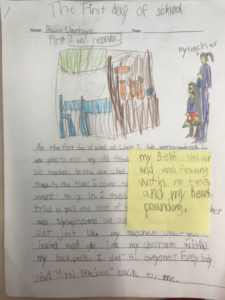
In one of our last inquiry sessions before school shut down, I was pushed by a colleague to articulate why I considered one of my focal student’s work to be successful. I realized that this student’s writing consistently showed elaboration – an area where most of my students were really struggling. I then decided to narrow my focus even further to just focus on that one section of the revision checklist- “elaboration.” I crafted lessons that defined more clearly what elaboration meant in different writing genres, included more scaffolding with sentence frames for elaborating, and demonstrated again how to use post-its to insert new sentences into the middle of a fully written page.
By more clearly identifying what I was looking for when asking students to revise, I also began to experiment with a broader range of structures for how to teach and support revision. I began having students bring pencils with them to the carpet during writing lessons, so that they could revise on the spot immediately after watching me model how to add on to my writing. I also devoted more time to students working with writing partners with the specific task of adding details. Narrowing my teaching goal helped me release some of the tight structures of teaching and hand over more responsibility to students.
Especially with our in-person school year being cut short, I am left with many questions. How realistic is it for 2nd graders to use the writing checklist the way it is described? Is one section at a time developmentally appropriate? How can students become more independent in their revision process? How does all of this learning translate to distance teaching?
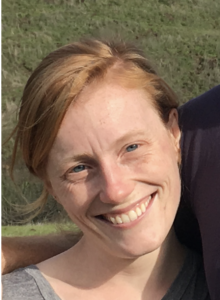 Susannah Young is a second grade teacher at Lincoln Elementary in Oakland Unified. She has participated in the Mills Teacher Scholars Social Emotional Learning Inquiry Group and serves as a Site Representative for the Oakland Education Association.
Susannah Young is a second grade teacher at Lincoln Elementary in Oakland Unified. She has participated in the Mills Teacher Scholars Social Emotional Learning Inquiry Group and serves as a Site Representative for the Oakland Education Association.
